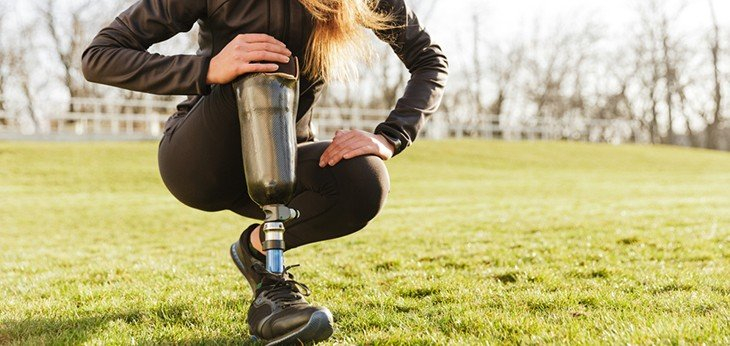I grew up in an era when my peers with disabilities were educated in a different ‘special’ school. In our regional high school with over 800 students, we had two pupils with a visible disability. Even children with dyslexia were taken out of their classes and bussed to a different site for extra lessons to support their literacy. People with disabilities were excluded from mainstream services and therefore marginalised, creating a sense of difference, of ‘otherness’, between those of us that are temporarily able-bodied, and people with disabilities. No-one benefits from this model – not people with disabilities, not their families and carers, and certainly not society as a whole.
In all the turmoil of NDIS transition, it’s easy to lose sight of the main goal – that people with disabilities can live an ordinary life, with choice and control. The concept that people with disabilities have ‘special needs’ that are somehow different to the rest of the population is brilliantly rubbished in this video ‘Not special needs’.
If we look past all the debate about plan quality, pricing, portals, thin markets and everything else, we can find the connections between the NDIS, Australia’s National Disability Strategy, the UN Convention on the Rights of Persons with Disabilities and the Sustainable Development Goals. The common thread through all of these is the principle that disability rights are human rights, and that the inclusion of people with disabilities is key. The vision of the National Disability Strategy is ‘An inclusive Australian society that enables people with disability to fulfil their potential as equal citizens’ and ‘inclusive and accessible communities’ is the first of the six outcomes listed for policy action. The UN Sustainable Development Goals (to which Australia is a signatory) has two specific targets relating to inclusion of people with disabilities:
- ‘By 2030, empower and promote the social, economic and political inclusion of all, irrespective of age, sex, disability, race, ethnicity, origin, religion or economic or other status’ Target 10.2
- ‘By 2030, achieve full and productive employment and decent work for all women and men, including for young people and persons with disabilities, and equal pay for work of equal value’ Target 8.5
We fully endorse the drive for inclusion, but we also know that it is not simple to achieve. Even within the disability workforce, shifting mindsets from a welfare, to a human rights, approach is not easy. That’s why we’re delighted to support organisations to develop project ideas to strengthen inclusion, under our ILC Ready program. ILC – Information, Linkages and Capacity Building – is funding under the National Disability Strategy designed around four programs:
- Individual capacity building so people with disabilities have the knowledge, skills and confidence to participate in and contribute to the community
- Information to connect people with disabilities to the information they need to make choices and decisions
- Mainstream capacity building so people with disability can use and benefit from the same mainstream services as everyone else
- Economic and community participation so people with disability can use and benefit from the same community services as everyone else
CBB has been commissioned by the South Australian Department of Human Services through its NDIA Community Inclusion and Capacity Development Grant to run this program, so all activities are free to participating organisations. We’re delivering a webinar series this month, to provide more information about ILC funding, and workshops across South Australia in August. Our business consultants will also be working one on one with 20 organisations to develop their ILC project idea into a planned and costed project proposal. You can apply to be one of the 20 organisations to receive one on one support.
For me, inclusion is about seeing people with disabilities in the workforce, drinking in pubs, attending events, and shopping in supermarkets, alongside everyone else. It’s about visibility and role models. It’s standing and cheering the competitors in the London Paralympics wheelchair marathon alongside families with young kids who were screeching for their favourites. It’s Dylan Alcott presenting TV programs (and winning a Logie). And it’s about all of this just being normal, rather than exceptional. But we still have a long way to go, which is why we need to keep working on programs that build and support inclusion.






